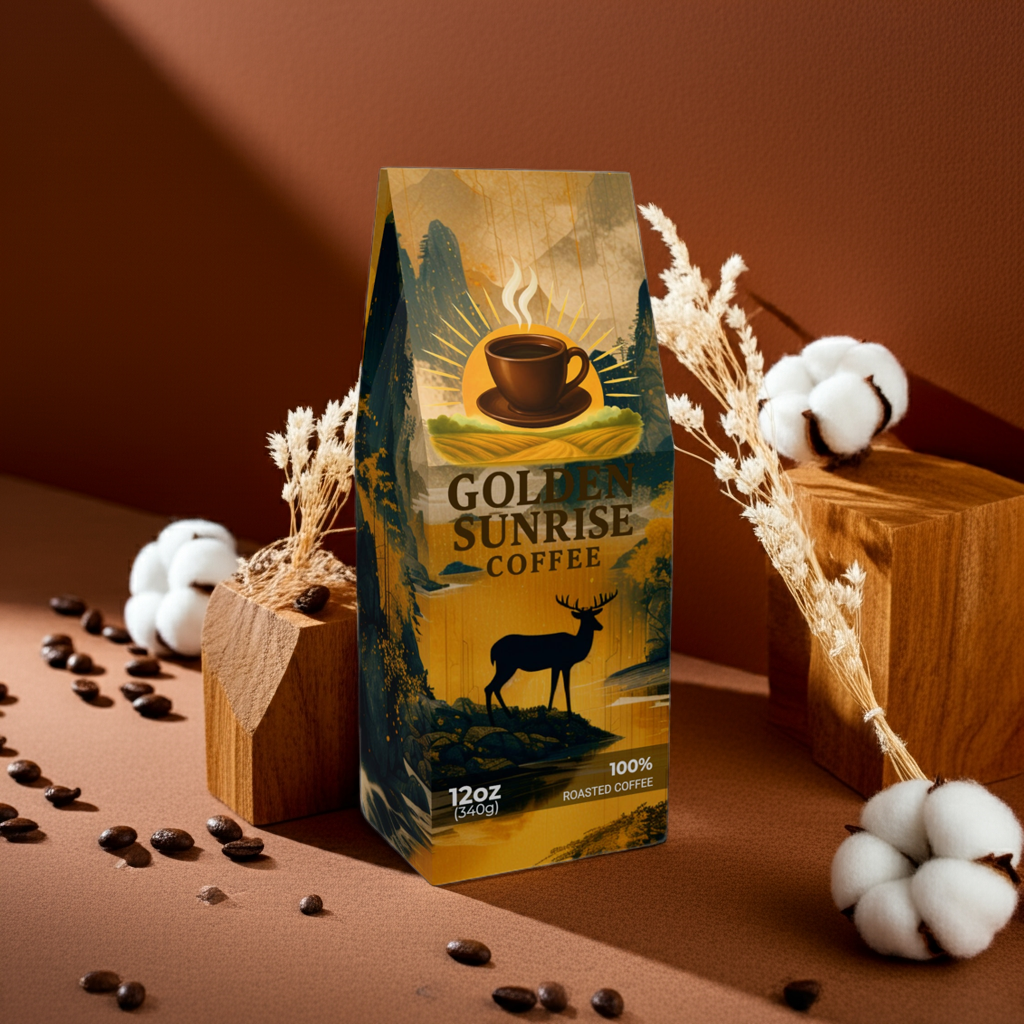
Best Selling Coffee Beans Online You Need To Try Now
Share
- Understanding the Global Coffee Bean Market
- Top-Rated Single-Origin Selections
- Colombian Excellence
- Ethiopian Heritage Varieties
- Curated Best-Sellers Collection
- Specialty Processing Methods
- Sustainable Sourcing Practices
- Certification Standards
- Emerging Trends and Innovations
- Functional Coffee Blends
- Decaffeination Advancements
- Maximizing Your Coffee Experience
- Grinding Considerations
- Frequently Asked Questions
Understanding the Global Coffee Bean Market
The contemporary coffee landscape has undergone a profound metamorphosis, with discerning aficionados increasingly gravitating toward best selling coffee beans online that offer transparency, provenance, and distinctive terroir characteristics. This digital revolution has democratized access to exceptional single-origin coffees, artisanal blends, and specialty roasts that were once exclusive to boutique cafés.
Today's coffee connoisseurs demand more than mere caffeine delivery. They seek olfactory adventures that transport them to volcanic highlands, misty plantations, and sun-drenched fincas across the coffee belt. The surge in online coffee procurement reflects a sophisticated understanding of how altitude, processing methods, and varietal selection influence the final cup's complexity.
Top-Rated Single-Origin Selections
Colombian Excellence
Colombia's diverse microclimates produce some of the most coveted beans in the global marketplace. The country's commitment to sustainable farming practices and meticulous post-harvest processing has elevated Colombian coffee beyond its commercial reputation into the realm of specialty-grade excellence.
Premium Colombian selections showcase bright acidity balanced with caramel undertones and nutty finishes. These beans, cultivated at altitudes exceeding 1,500 meters, develop dense cellular structures that contribute to their renowned body and persistence on the palate. The volcanic soil composition imparts mineral complexity that distinguishes superior Colombian offerings from mass-market alternatives.
Ethiopian Heritage Varieties
Ethiopia, the birthplace of Coffea arabica, continues to produce the most genetically diverse and flavor-forward beans available to contemporary consumers. The ancient processing traditions combined with heirloom varietals create sensory profiles that range from wine-like and floral to intensely fruity with pronounced bergamot notes.
Ethiopian beans undergo natural processing methods that have remained unchanged for centuries, allowing the fruit's sugars to penetrate the seed during the extended drying period. This traditional approach yields cups with extraordinary aromatic intensity and complex flavor stratification that evolves throughout the drinking experience.
Curated Best-Sellers Collection
For coffee enthusiasts seeking expertly vetted selections without extensive research, our best selling coffee beans online collection represents years of careful curation and customer feedback refinement. This thoughtfully assembled assortment addresses the common challenge of navigating countless options in the digital coffee marketplace.
The collection features proven favorites that consistently deliver exceptional cup quality while representing diverse flavor profiles and processing methods. From bright, acidic single-origins to rich, chocolatey blends, these selections cater to varied palate preferences while maintaining our commitment to ethical sourcing and freshness standards.
Specialty Processing Methods
Contemporary coffee processing has evolved far beyond traditional washed and natural methods, introducing innovative techniques that unlock previously unattainable flavor compounds. Honey processing, anaerobic fermentation, and extended maceration periods create unique sensory experiences that appeal to adventurous coffee drinkers.
"Processing methods can dramatically alter a coffee's flavor profile, sometimes more significantly than varietal or terroir differences. Understanding these techniques helps consumers make informed purchasing decisions."
Carbonic maceration, borrowed from winemaking, produces beans with enhanced fruitiness and reduced astringency. This controlled fermentation process occurs in oxygen-depleted environments, allowing enzymatic reactions to develop complex esters and aldehydes that manifest as tropical fruit and floral notes in the finished cup.
Sustainable Sourcing Practices
The modern coffee industry increasingly emphasizes environmental stewardship and social responsibility throughout the supply chain. Direct trade relationships ensure fair compensation for farmers while promoting agricultural practices that preserve biodiversity and soil health for future generations.
Shade-grown cultivation methods protect native ecosystems while producing beans with enhanced flavor development due to slower maturation rates. These environmentally conscious approaches often yield superior cup quality alongside positive ecological impact, creating a compelling value proposition for ethically minded consumers.
Certification Standards
Various certification programs provide framework for sustainable coffee production, though their effectiveness varies significantly. Fair Trade, Rainforest Alliance, and organic certifications each address different aspects of environmental and social responsibility within coffee agriculture.
- Fair Trade focuses on equitable pricing and community development
- Rainforest Alliance emphasizes biodiversity conservation and worker welfare
- Organic certification ensures chemical-free cultivation methods
- Direct trade builds transparent relationships between roasters and farmers
Emerging Trends and Innovations
Functional Coffee Blends
The intersection of wellness culture and coffee consumption has spawned innovative products that combine traditional coffee benefits with additional health-promoting compounds. Mushroom-infused blends incorporating adaptogenic fungi like Lion's Mane and Chaga represent this convergence of pleasure and functionality.
These specialized formulations maintain coffee's familiar taste profile while introducing subtle earthy notes and purported cognitive benefits. The careful balance between mushroom extracts and quality coffee beans requires precise ratios to achieve palatability while preserving therapeutic potential.
Decaffeination Advancements
Modern decaffeination processes have dramatically improved, addressing historical concerns about flavor degradation and chemical residues. Swiss Water Process and CO2 methods preserve origin characteristics while removing caffeine through purely mechanical means.
| Process | Method | Flavor Retention | Chemical-Free |
|---|---|---|---|
| Swiss Water | Water extraction | High | Yes |
| CO2 Process | Supercritical carbon dioxide | Very High | Yes |
| Methylene Chloride | Chemical solvent | Medium | No |
Maximizing Your Coffee Experience
Proper storage and brewing techniques significantly impact the final cup quality, regardless of bean excellence. Understanding fundamental principles of extraction science enables home brewers to unlock their coffee's full potential while avoiding common pitfalls that diminish flavor clarity.
Bean freshness deteriorates rapidly after roasting due to CO2 degassing and volatile compound oxidation. Airtight containers stored in cool, dark environments preserve peak flavor for approximately two to four weeks post-roast, depending on environmental conditions and storage methods.
Grinding Considerations
Particle size distribution critically affects extraction efficiency and flavor balance. Consistent grind size ensures even water contact throughout the coffee bed, preventing over-extraction of fines and under-extraction of larger particles that create muddy, unbalanced cups.
Burr grinders produce superior particle uniformity compared to blade alternatives, justifying their higher cost through improved cup quality and extraction consistency. Regular calibration and burr maintenance preserve grinding accuracy over extended use periods.
Frequently Asked Questions
What factors determine coffee bean quality?
Bean quality depends on varietal genetics, growing conditions, harvest timing, processing methods, and post-harvest handling. Altitude, soil composition, and climate significantly influence flavor development during maturation.
How long do coffee beans maintain peak freshness?
Whole beans retain optimal flavor for two to four weeks after roasting when stored properly. Ground coffee deteriorates much faster, losing peak characteristics within days of grinding due to increased surface area exposure.
Should I choose single-origin or blended coffees?
Single-origins showcase specific terroir characteristics and seasonal variations, while blends offer consistency and balanced flavor profiles. Both approaches have merit depending on personal preferences and brewing intentions.
